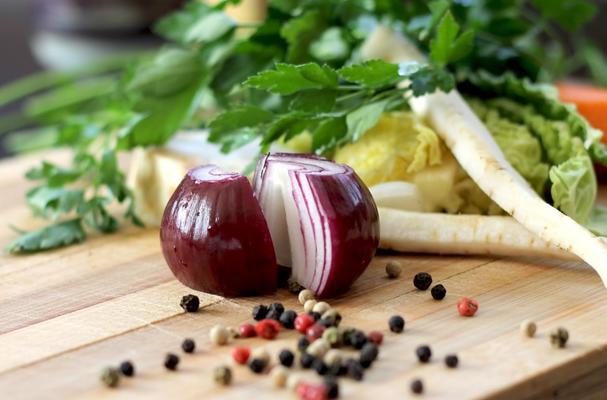
What is it they say about "too many cooks"?
ByClaire Fuller |FundraisingMarketing |15 April 2019I’ve never been a good cook, so the idea of “too many cooks spoil the broth” simply doesn’t make sense to me, I appreciate all the help I can get!
But when does a little help become a hindrance? Could the same principles be applied in situations other than the kitchen?
Thinking about my own kitchen I can easily see why a little extra help could soon become a problem. Interestingly, these same reasons could also be considered key to maintaining a successful balance within fundraising teams too.
Reasons why “too many cooks” could be a problem for your fundraising:
- They take up space – My kitchen is small, an extra pair of hands would be helpful but there’s no doubt that it could easily lead to disaster, there’s simply too much opportunity for tripping over and spillages to occur! The same could be said of a large fundraising team – whilst team members might all have great ideas, the pure logistics of arranging a time and place for everyone to meet can rapidly cause a team to become less effective
- They give too many opinions – I need a clear recipe to follow, I’m not good at balancing flavours so receiving a little advice around the saucepan can be really useful. However, too many people offering different opinions about strength of flavours or types of spice to use can easily lead to culinary disaster! In the same way, within fundraising teams, getting a selection of ideas from a few people can lead to fabulous results, but, having too many ideas and opinions can lead to disagreements and even to watering down and loss of the original concept
- There are only so many resources available – A small kitchen means fewer gadgets, I only have what I can fit in and these have to support all my culinary adventures. The chances are that resources are finite within your fundraising team too, so organisations should be careful to maintain the balance between the size of their team, the targets they are working towards and the resources available for them to achieve their goals.
- It takes longer to reach a decision – When I’m cooking it can be helpful to discuss things, it enables me to visualise what needs to happen and when, but discussion also takes time. Whilst fundraising teams might make great decisions, if you’re working to a tight deadline it’s important to remember that seeking everyone’s opinion is likely to take longer which could leave less time for other important elements of a campaign or strategy to be completed
To put it simply, and in reflection of a recent blog from Future Fundraising Now, to maximise success in fundraising it’s recommended not to have too many cooks. As they say: “the fewer people involved, the stronger your fundraising will be.”
Yes, it’s true that a streamlined, focused team is likely to be more efficient than a busy, fragmented one, but success also depends on many other factors including (but not limited to) the skill and experience of your team and the nature of the cause you are raising money for.
It’s important that a balance is reached – there are times when it’s beneficial for a team to be small, to “keep their heads down” and get on with the work; but at other times it can be great to have a large team to manage responses to a campaign, or to deliver a wide range of opinions to inject new energy and ideas into your fundraising plan – don’t forget “many hands make light work” after all!
We hope you’re managing the balance between new ideas and established practices within your team, but if you’d like to hear more about the change of perspective that team collaboration between your organisation and Yeomans can bring we’d love to hear from you. We’re always happy to help add new flavours to your fundraising recipe!
References:
Future Fundraising Now
Photo by Webvilla on Unsplash












Comments